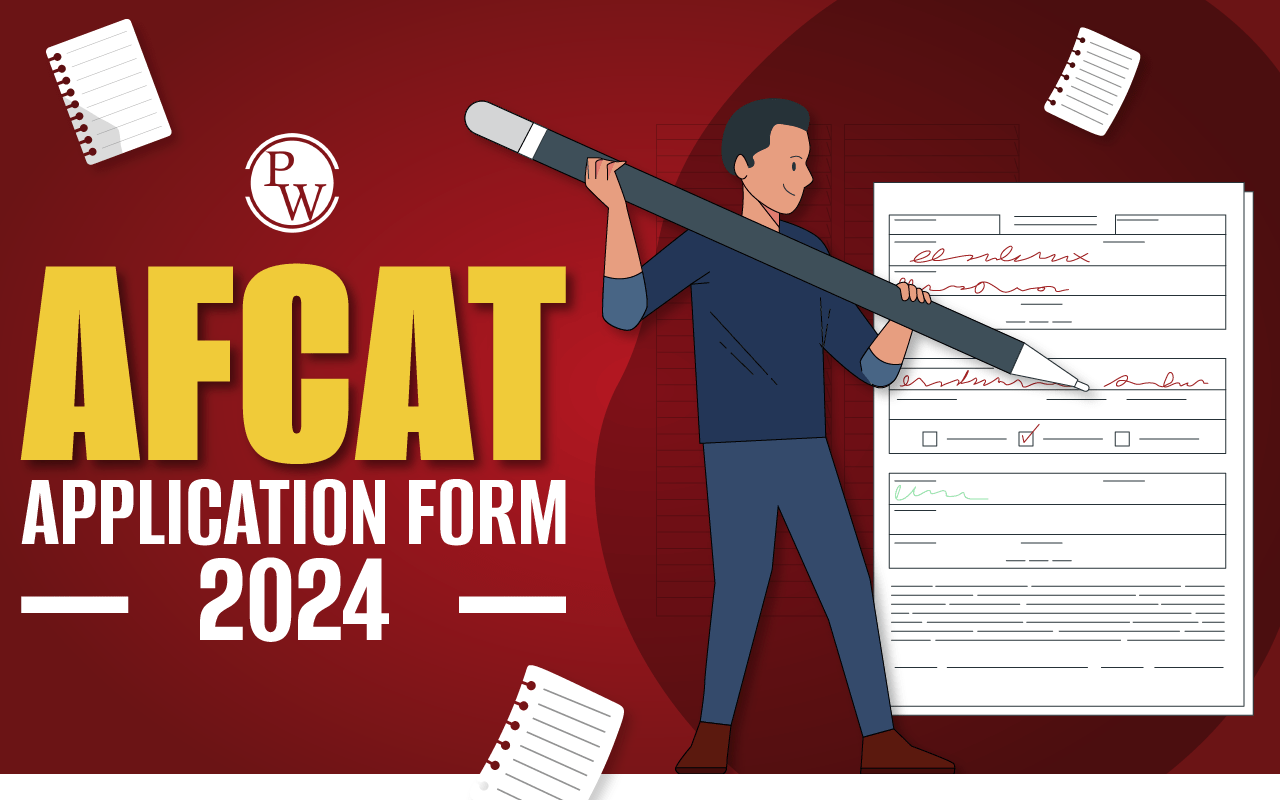How to Quit a Job You Just Started
-
Assess your situation
Before making any decisions, take a step back and assess your situation. Is it just first-day jitters, or are there legitimate issues that are causing you to reconsider your position? If it’s the latter, try to identify specific problems you’re having with the job or company. Are there issues with the work itself, your colleagues, or the company culture? Are you feeling overwhelmed or undertrained? Understanding the root cause of your dissatisfaction will help you decide whether quitting is the best option.Early Finder
Read Also: How to Make Money with Cambly
-
Check your employment contract
Before you make any moves to quit, make sure you check your employment contract to understand the terms of your employment. Some contracts may have a probationary period, during which you or your employer can terminate the contract without notice. If you’re in this situation, you may be able to simply resign without repercussions. If not, you may need to give notice or risk losing out on any benefits or pay owed to you.
-
Schedule a meeting with your supervisor
Once you’ve decided to leave, schedule a meeting with your supervisor to discuss your resignation. This meeting should take place in person if possible, but if you’re working remotely, a video call or phone call is acceptable. Be prepared to explain your reasons for leaving, and do so in a professional and polite manner. This is not the time to air grievances or complain about the company or your colleagues. Instead, focus on why the job isn’t a good fit for you and how you can help make the transition as smooth as possible.
-
Write a resignation letter
After the meeting, follow up with a formal resignation letter. Keep the tone of the letter professional and positive, thanking your employer for the opportunity to work with them and expressing gratitude for any skills or experience gained during your time with the company. Provide a clear end date, and offer to help with the transition in any way you can.
Read Also: How to Make Money on Onlyfans Without Showing your Face
-
Prepare for your last day
Once your resignation is accepted, prepare for your last day on the job. Wrap up any projects or tasks you’re working on, and ensure that your colleagues have everything they need to continue without you. Leave your workspace clean and organized, and make sure to return any company property that you have in your possession.
-
Maintain relationships
Finally, maintain positive relationships with your colleagues and supervisor, even after you’ve left. You never know when you may need a reference or cross paths with them again in the future. Keep in touch and stay connected on professional networking platforms like LinkedIn, and express your appreciation for the time you spent working with them.
Quitting a job you just started can be challenging, but with careful planning and a professional approach, you can make the process as smooth and positive as possible. Keep in mind that leaving a job that isn’t right for you is ultimately the best decision for both you and your employer.How to quit a job you just started
How to quit a job you just started 1 month ago
Quitting a job that you just started can be a difficult decision, but if you have determined that it’s the right choice for you, here are some steps you can take:
- Review your employment contract: Before you quit, review your employment contract to understand the notice period required for resignation. This will give you an idea of how much time you have to inform your employer about your decision.
- Schedule a meeting with your supervisor: Request a meeting with your supervisor to discuss your decision. Be professional and explain that you have decided to resign from your position. It’s important to be clear and honest about your reasons for leaving, but try to avoid being negative or criticizing the company.
- Provide a formal resignation letter: Write a formal resignation letter and submit it to your supervisor. Keep the letter brief and to the point, expressing your gratitude for the opportunity and indicating your last day of work.
- Be prepared for a counteroffer: Depending on the circumstances, your employer may try to persuade you to stay by offering a raise or promotion. Be prepared for this possibility and consider your options carefully before making a decision.
- Offer to help with the transition: Offer to help with the transition by providing your supervisor with a list of your current projects and their status, and offering to train your replacement if necessary.
Remember, leaving a job after only a month can be challenging, but if it’s not the right fit for you, it’s better to move on sooner rather than later. Try to leave on good terms and maintain a positive relationship with your former employer, as you never know when you may need a reference or encounter them in your professional life.
Read Also: How to become a Cambly tutor
How to quit a job you just started without notice
Quitting a job without giving notice can be seen as unprofessional and may have negative consequences, such as damaging your reputation and burning bridges with your employer. However, if you have determined that it’s the only option for you, here are some steps you can take:
- Be sure it’s the right decision: Quitting a job without notice should be a last resort, so make sure that it’s absolutely necessary before taking this step. Consider the consequences and the impact on your future job prospects.
- Talk to your supervisor: Schedule a meeting with your supervisor and explain that you have decided to resign from your position immediately. Be honest about your reasons for leaving and apologize for the inconvenience caused by your sudden departure. Try to remain calm and professional throughout the conversation.
- Provide a formal resignation letter: Even if you are not giving notice, it’s still important to provide a formal resignation letter. Keep the letter brief and to the point, expressing your gratitude for the opportunity and indicating your last day of work, which will be the day of the meeting.
- Offer to help with the transition: Even though you are not giving notice, you can still offer to help with the transition by providing your supervisor with a list of your current projects and their status and offering to train your replacement if necessary. This will show that you are willing to make an effort to minimize the impact of your sudden departure.
- Be prepared for the consequences: Quitting without notice can have consequences, such as not being paid for the days you missed, a negative reference from your employer, or even legal action. Be prepared for these consequences and try to minimize any negative impact by being respectful and professional throughout the process.
Read Also: 20 Steps To Start a Business With No Money in USA
How to quit a job you just started Reddit
Quitting a job shortly after starting can be a difficult decision, but sometimes it’s necessary for your personal or professional growth. Here are some tips on how to quit a job you just started:
- Be sure it’s the right decision: Before quitting, make sure that you have thought about the decision carefully and have a good reason for leaving. Consider if there is any possibility to resolve any issues that led to you wanting to quit.
- Read your contract: Make sure you understand any obligations you have to the company in terms of the notice period or other requirements.
- Schedule a meeting with your supervisor: Request a private meeting with your supervisor to discuss your resignation. This should be done in person if possible, but if you are working remotely, a video call will suffice.
- Be honest and professional: Explain that you have decided to resign and provide your reason in a professional and respectful manner. Keep the conversation brief and to the point.
- Offer to help with the transition: Offer to help with the transition period by completing any outstanding tasks, providing training to a replacement, or any other help you can offer to make the process smoother.
- Provide written notice: Follow up the meeting with a written resignation letter to confirm your resignation and provide any necessary information, such as your last day of work.
- Stay positive: Be positive and gracious in your resignation. Remember that your professional reputation is important, and your current employer may be a potential reference in the future.
Remember, quitting a job you just started can be difficult, but it’s better to do it sooner rather than later if you are unhappy or if the job isn’t a good fit for you. Good luck!
Conclusion
Deciding to quit a job you have recently started is a significant decision that should be approached thoughtfully and professionally. While it is not ideal to leave a job shortly after joining, sometimes circumstances arise that necessitate such a decision.
While quitting a job you just started is not ideal, it is better to address the situation promptly and professionally rather than staying in a role that is not a good fit. By following these steps, you can minimize any negative consequences and maintain your professional reputation. Remember, sometimes making the difficult decision to quit early can lead to new opportunities and a better career path in the long run.
Share This Post:





